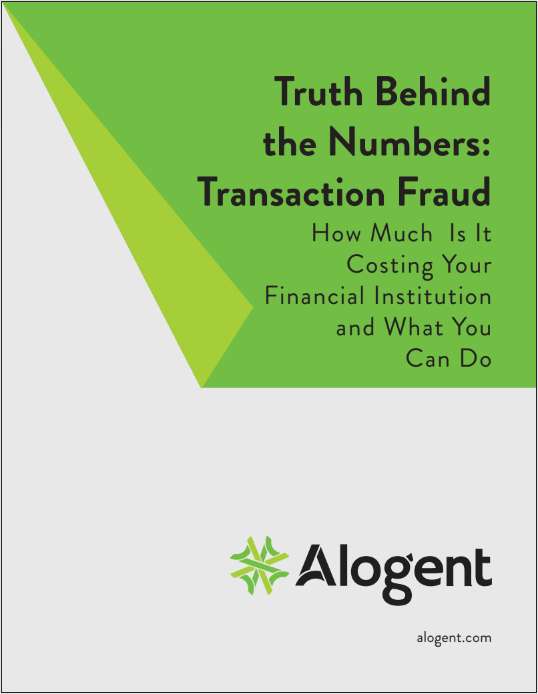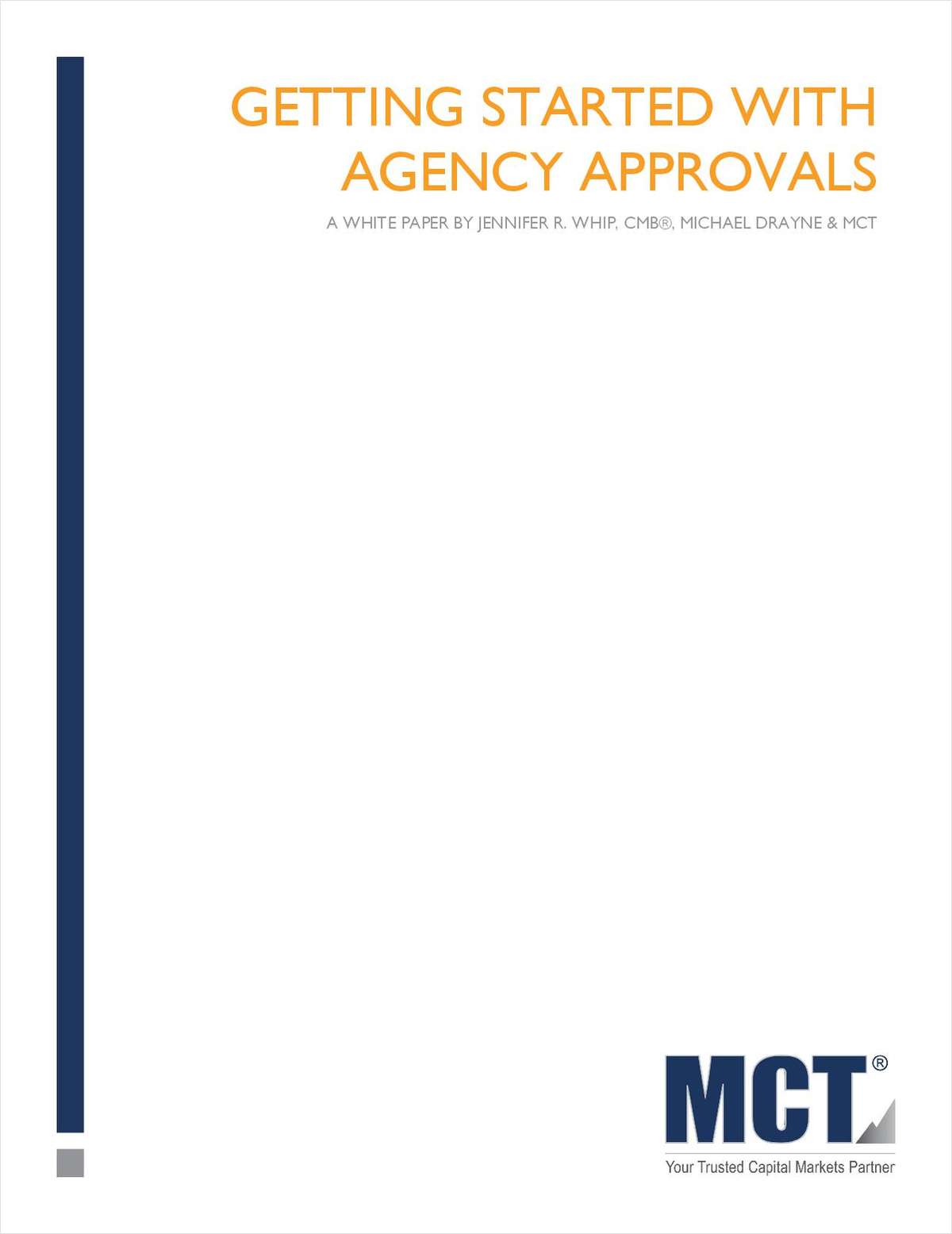A divided U.S. Supreme Court on Monday ruled in a key Fair Housing Act case that Miami has standing to claim in court that it was harmed by the discriminatory lending practices of banks—but it must meet a high standard of proof to establish causation.
The 5-3 ruling found that Miami's damages—including diminished property taxes and higher costs of city services—fell within the "zone of interest" of the housing law.
Justice Stephen Breyer, writing for the majority and emphasizing longstanding court precedents, wrote, "We hold that the City's claimed injuries fall within the zone of interests that the FHA arguably protects. Hence, the City is an 'aggrieved person' able to bring suit under the statute."
Complete your profile to continue reading and get FREE access to CUTimes.com, part of your ALM digital membership.
Your access to unlimited CUTimes.com content isn’t changing.
Once you are an ALM digital member, you’ll receive:
- Critical CUTimes.com information including comprehensive product and service provider listings via the Marketplace Directory, CU Careers, resources from industry leaders, webcasts, and breaking news, analysis and more with our informative Newsletters.
- Exclusive discounts on ALM and CU Times events.
- Access to other award-winning ALM websites including Law.com and GlobeSt.com.
Already have an account? Sign In
© 2024 ALM Global, LLC, All Rights Reserved. Request academic re-use from www.copyright.com. All other uses, submit a request to [email protected]. For more information visit Asset & Logo Licensing.









